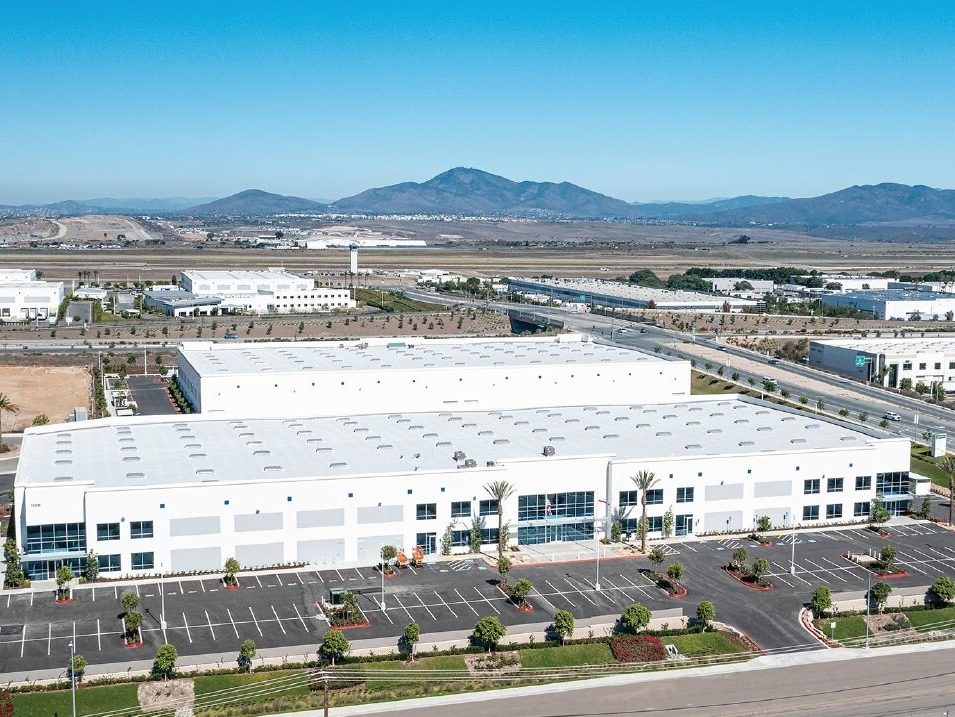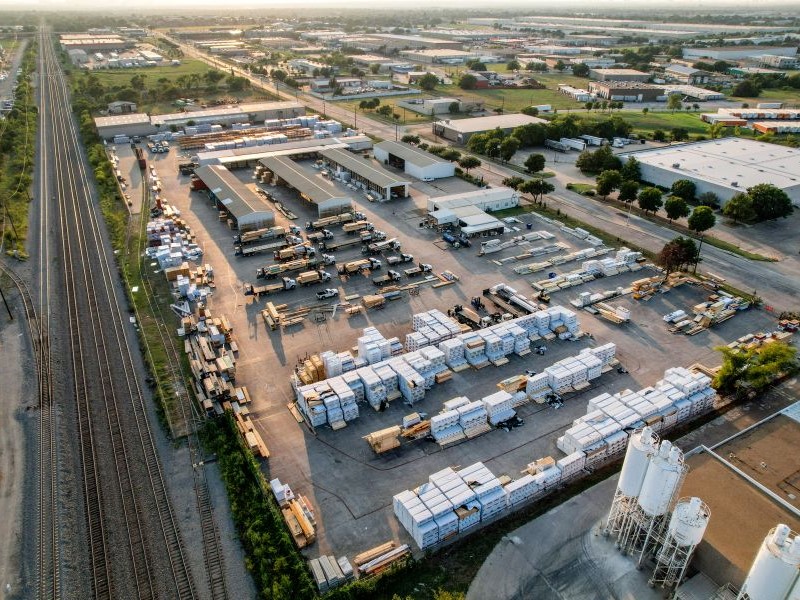Riding the Organic-Store Wave
Organic food stores, once dubbed the hippie trend of the West Coast in the 1960s, have slowly transformed from individual ownership to regional representation to national chains, some of them public companies, as selective shoppers have embraced healthy eating habits.
By Anna Spiewak, News Editor
The times, they are a-changing. Organic food stores, once dubbed the hippie trend of the West Coast in the 1960s, have slowly transformed from individual ownership to regional representation to national chains, some of them going public, as selective shoppers have embraced healthy eating habits.
And investors are starting to take notice. Exhibit A: Sprouts Farmers Market (SFM), which completed its IPO on Aug. 6. In the third quarter, its first as a public company, the Phoenix-based specialty chain reported $633.6 million in net sales, a 24 percent increase over the same period last year, on same-store growth of 10.2 percent. Net income nearly doubled, reaching $11.5 million, up $10.2 million over the same period last year. The company has already signed 30 new leases, with a total of 55 approved for commencement in 2014 or later.
“(Organic stores) are appealing to investors because they’re a niche that is beginning to get real traction from the customer. They see the customer as being willing to pay the price for these types of groceries,” said Jeff Edison, CEO of Phillips Edison-ARC Shopping Center REIT, which houses Sprouts as a tenant. In fact, 10 percent of its tenants are organic/specialty stores.
Although organic/specialty stores constitute just $28 billion of the $700 billion overall grocery market, according to Edison they represent one of the fastest-growing segments today. Over the past four years, organic store chains grew by 36 percent, compared to just 11 percent for traditional grocery stores.
“Investors are interested in certainty, and therefore the particular tenant is the most important thing,” said Dan Wald, principal at Cassidy Turley in charge of selling retail properties. Fifteen percent of Cassidy Turley’s retail division business comes from the organic grocery store sector.
The concept is now catching on with traditional grocers, as well. Those that retail experts call the “smarter ones” are starting to offer a variety of organic products in their stores, among them Kroger, which recently bought Harris Teeter Supermarkets, mainly in the Southeast, along with Safeway and even Walmart.
“Those who don’t follow suit will fall behind. It’s a changing way of buying and eating that’s occurring as time goes on, especially among the younger individuals, who don’t necessarily have money to shop at (organic stores) but they do. Whole Foods is obviously providing a value to them, value being quality,” said Jeff Green, president & CEO of Jeff Green Partners, which specializes in shopping center research.
Whole Foods is considered the crown jewel of organic/specialty stores, with the largest space at 40,000 square feet and attracting a higher-end clientele. Some Whole Foods sister organic stores include Fresh Market, based in Dallas, and Sprouts, with an average box size of 25,000 square feet and a more mainstream clientele due to its low-cost products.
Trader Joe’s averages 12,000 square feet per box and produces its own goods, which actually makes the most money, according to sector experts.
according to sector experts.
Organic stores overall bring in added certainty for investors because they have remained stable in the face of economic downturns. U.S. sales of organic food reached $26.7 billion in 2010, according to the Organic Trade Association. That was a 7.7 percent increase over 2009, which was in turn 5.1 percent higher than 2008. The U.S. has now outpaced Europe and become the largest organic market.
“Something has changed in the way one perceives health, farming, insecticides,” said Wald. “Shoppers will look at their kids and say, ‘Oh, this is healthier for them,’ without understanding the science of it. ‘I don’t want to put that adulterated stuff in my body’: That has become the mainstream belief in our country, where in the past it wasn’t and it created stores that didn’t exist.”
In the face of controversy in the specialty supermarkets business over whether products are actually organic or simply labeled as such as a marketing ploy to sell at a higher price point, Whole Foods came out with a policy that differentiates between genetically modified food and that which is not genetically modified.
There is also said to be a political movement to legislate proof that a product labeled as organic really is and thus can be priced higher.
“It’s not going to be a hard hurdle for those who are honest,” Green said.
The popular specialty grocers like Sprouts might even start looking attractive to REITs.
“It’s only as important as the money it makes,” Green added. “The way the financial community looks at it is, is it positioned right for the market, is it making money and will it continue to make money?”
Based on Sprouts’ IPO performance, there is money to be made from organic specialty chains going public.
“It will be an integral part of the market over a long period of time,” Edison concluded.
This article appeared in the December 2013 issue of Commercial Property Executive magazine.








You must be logged in to post a comment.